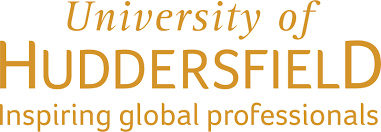Investigating the Value of DJ Performance for Contemporary Music Education and Sensorimotor Synchronisation (SMS) Abilities
Keywords:
DJing, sensorimotor synchronization (SMS), informal learningAbstract
Two studies were conducted to establish a more complete picture of the skills that might be accessed through learning to DJ and the potential value of those skills for music education. The first employed open-ended methods to explore perspectives on the value of DJing for music education. The second employed experimental methods to compare the ability of DJs to synchronise movement to auditory metronomes. Twenty-one participants (seven professionally trained musicians, seven informally trained DJs, seven non-musicians) took part in both studies. Qualitative data suggested that all participant groups felt DJs learn valuable musical skills such as rhythm perception, instrumental skills, knowledge of musical structure, performance skills, and a majority agreed that DJing had equal relevance with other musical forms e.g. classical music. Quantitative data showed that informally trained DJs produced more regular timing intervals under baseline and distracting conditions than the other experimental groups. The implications of the findings for the inclusion of DJing into formal music curricula are discussed.
Downloads
Published
Issue
Section
License
Authors who publish with this journal agree to the following terms:- Authors retain copyright and grant the journal right of first publication with the work simultaneously licensed under a Creative Commons Attribution-Noncommercial-Share Alike License that allows others to share the work with an acknowledgement of the work's authorship and initial publication in this journal.
- Authors are able to enter into separate, additional contractual arrangements for the non-exclusive distribution of the journal's published version of the work (e.g. post it to an institutional repository or publish it in a book), with an acknowledgement of its initial publication in this journal. Such derivate works or subsequent publications must happen no less than one calendar year after the initial publication date in Dancecult.
- Authors are permitted and encouraged to post their work online (e.g. in institutional repositories or on their website) prior to and during the submission process, as it can lead to productive exchanges, as well as earlier and greater citation of published work (See The Effect of Open Access).






